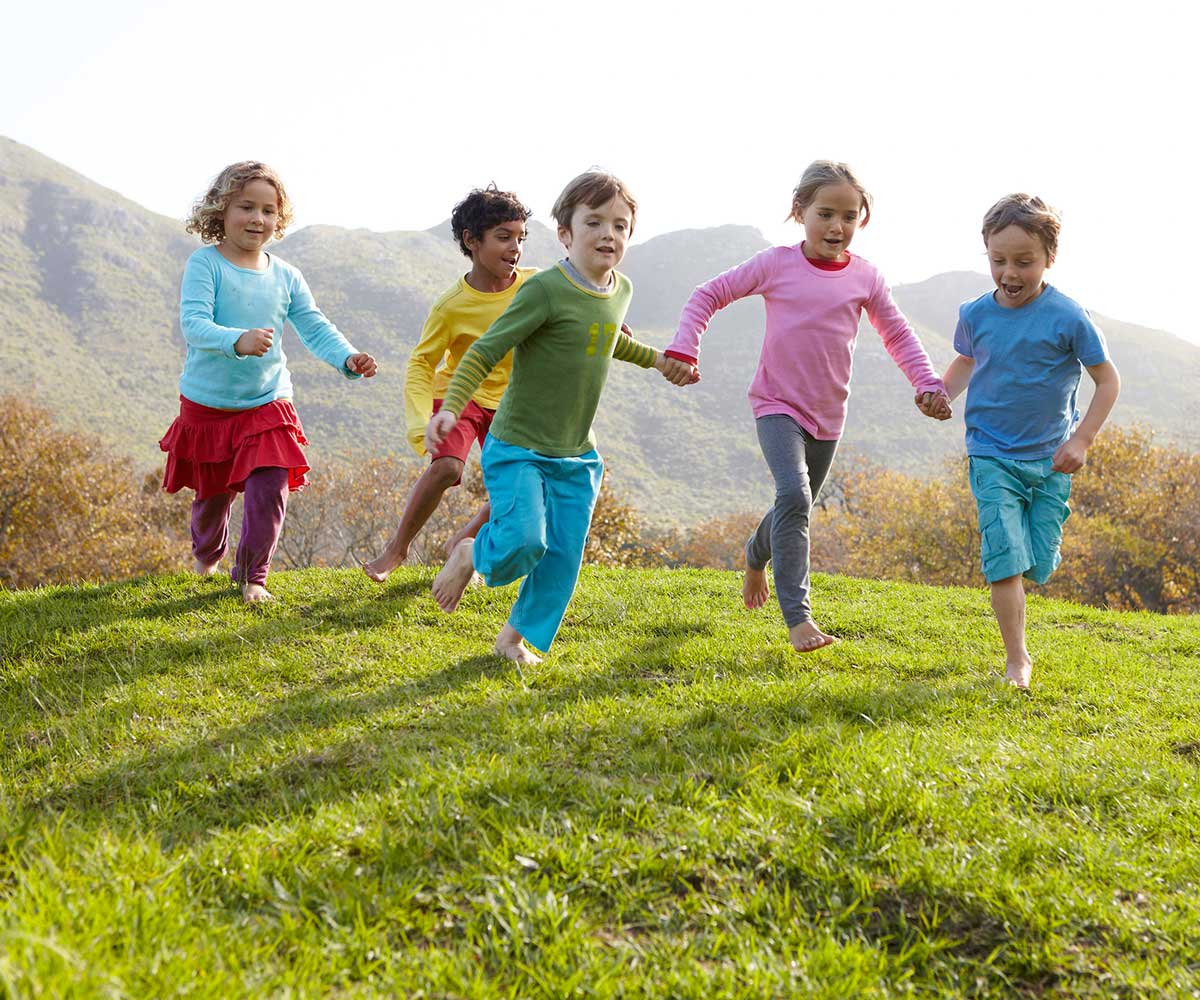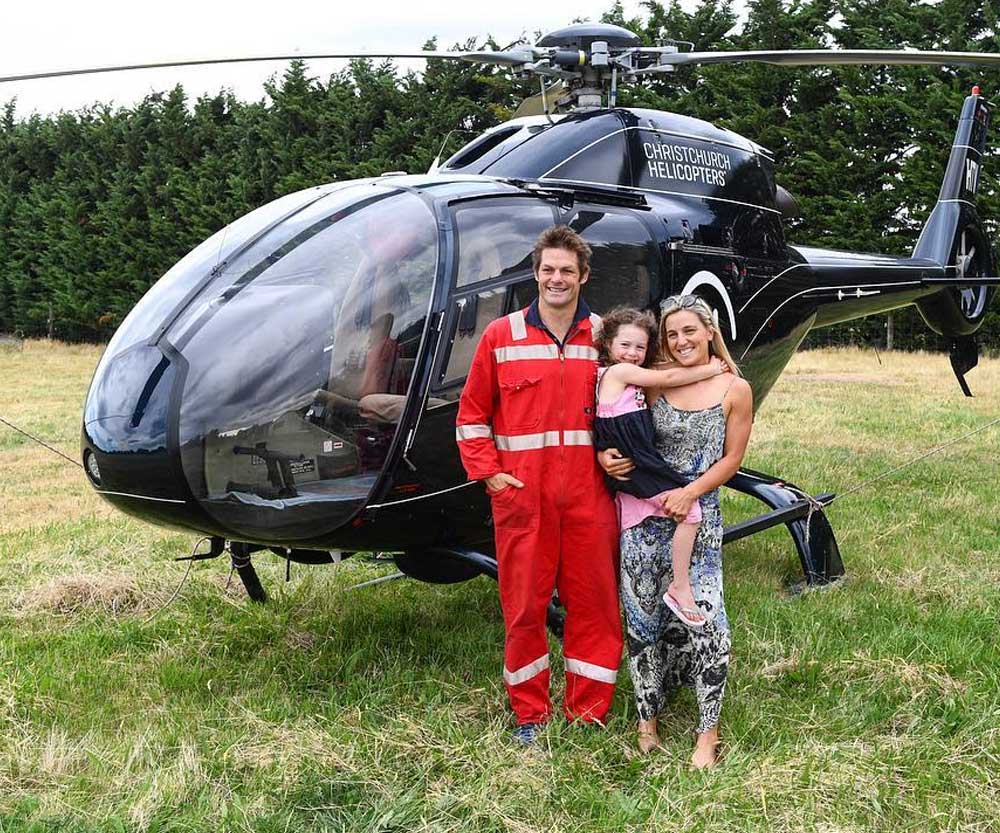When it comes to raising our children, we all want the best for them, but it’s easy to forget just how important it is to be good role models.
I recently read a quote by novelist Joyce Maynard that really struck a chord with me:
“It’s not only children who grow,” she writes. “Parents do too. As much as we watch to see what our children will do with their lives, they are watching us to see what we do with ours. I can’t tell my children to reach for the sun. All I can do is reach for it myself.”
Children will listen to our words, but more importantly, they learn from observing our actions. So when it comes to teaching our offspring about empathy and compassion, they will learn these important traits directly from us. Try sprinkling a little kindness wherever you go and watch your children follow suit.
Practise self-compassion
How can you expect to be kind to others if you aren’t kind to yourself? Actively teaching your kids to love themselves can be a reflection of your own self-talk. Good self-esteem helps instil resilience when things don’t go their way. Positive self-talk helps develop and understand emotions and is key in quietening the inner critic.
Put emphasis on non-Verbal communication
Body language accounts for the majority of the way someone perceives your message when you are communicating. Your tone and what you say is important, but your body language is even more so. Practise being fully engaged in conversations with your child and those around you, showing facial expressions that ensure they understand what you are trying to say. Be connected and ready to listen.
Walk the talk
When spending time with your little ones, show them what empathy looks like. Your children’s biggest role model is you, therefore you have the responsibility to show them how to understand how others are feeling. Explain different situations and how people may be feeling as this can enable them to understand emotional connection.

Put yourself in their shoes
Share different perspectives with your child, talking about these openly and honestly. If you can take time to understand others’ points of view, it can help foster self-awareness and social awareness. It’s important children learn to understand there are two sides to every story and to develop compassion towards people. Labelling emotions is important as it makes it easier to problem-solve.
Give freely
Encourage children to do something kind for others. These don’t have to be grand gestures, but little ways such as resolving a conflict in the playground with kindness, writing a get-well card or baking
for someone. The best thing about compassion is that the giver feels satisfaction and the receiver shows appreciation, and will most likely reciprocate in some way, creating a ripple effect
of kindness.

.jpg)

